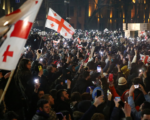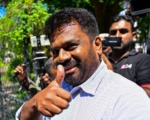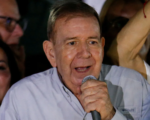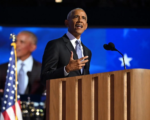Russian Influence and “Dirty Money” Threaten Moldova’s Presidential Election Integrity
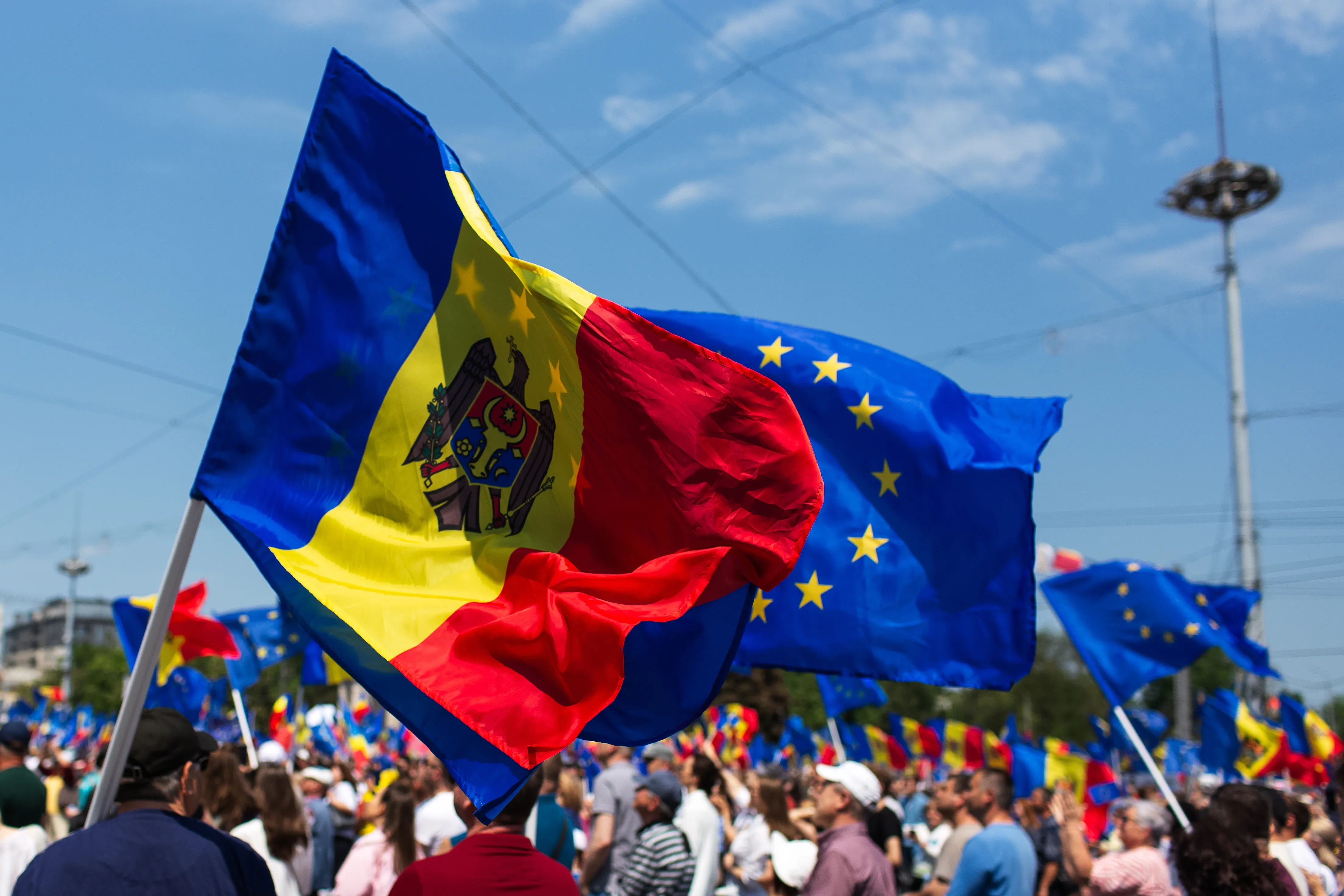
Moldova is gearing up for a pivotal second round of presidential elections this Sunday, which could decisively steer the country’s future towards European integration or pull it back under Kremlin influence. Pro-Western President Maia Sandu is seeking reelection after making significant strides towards the European Union amid the ongoing challenges posed by Russia’s war in Ukraine, which is alarmingly close to Moldova’s eastern border.
In the first round of voting, Sandu garnered 42% of the ballots, coinciding with a narrowly approved EU membership referendum that faced scrutiny due to allegations of widespread vote-buying linked to Kremlin interests. Sandu characterized this interference as an “unprecedented assault” on Moldova’s democracy, a sentiment echoed by analysts concerned about the integrity of the electoral process.
Her opponent, Alexandr Stoianoglo, is a former prosecutor general representing the pro-Russian Party of Socialists. If various Kremlin-aligned parties consolidate their support behind him, the upcoming election is expected to be highly competitive. During last week’s debate, Sandu, who has severed ties with Moscow, labeled Stoianoglo a “Trojan Horse” intended to advance Kremlin interests in Chisinau, Moldova’s capital.
The Risk of Electoral Manipulation
Valeriu Pasha, director of the think tank WatchDog.MD, warned that the election’s outcome hinges on whether citizens elect their president or if Russian “dirty money” tilts the scales in favor of a Kremlin-friendly candidate. Before the elections, Ilan Shor, a Russian-affiliated oligarch, reportedly proposed financial incentives for individuals supporting the pro-Russian candidate and attempted to obstruct the EU referendum. Sandu claimed this scheme aimed to buy the votes of approximately 300,000 citizens—nearly 10% of Moldova’s population.
Despite Stoianoglo polling below 10% prior to the elections, he managed to secure over 26% of the first-round votes. While both the Kremlin and Shor have denied any involvement, Moldovan officials remain vigilant against potential interference in the second round.
Addressing Domestic Discontent
Moldova’s recent electoral landscape also reveals a significant level of opposition to Sandu, who has faced multiple crises throughout her first term, including the COVID-19 pandemic, the fallout from the war in Ukraine, and a gas crisis that spiked inflation to over 30%, deepening poverty in one of Europe’s poorest nations.
Critics have also called out Sandu’s decision to schedule the EU referendum concurrently with the presidential election, arguing that it backfired. “The plan of the government was that the issue of European integration would bolster support for Maia Sandu,” noted Maksim Samorukov of the Carnegie Russia Eurasia Center. However, this strategy led to a decline in support for both Sandu and EU aspirations among discontented voters.
Stoianoglo aims to exploit this discontent, proposing a “reset” of relations with Moscow while simultaneously advocating for EU membership. However, this dual approach presents a contradiction, as it remains challenging to reconcile cooperation with Russia alongside a commitment to European integration.
Implications of a Russian-aligned Government
As the second round approaches, Moldovan officials brace for potential pro-Russian meddling. A defeat for Sandu would severely undermine Moldova’s aspirations for a European future and might worsen conditions in Transnistria, a breakaway region with around 1,500 Russian troops stationed there. Concerns persist that Transnistria could become an additional front in the ongoing war in Ukraine.
Pasha outlined the dire consequences of a Russia-aligned government, warning that it could lead to the dismantling of democratic institutions, including the erosion of free and fair elections, effectively transforming Moldova into a launching pad for further Kremlin operations against Ukraine.
This election follows closely on the heels of Georgia’s elections, another former Soviet state where Russia seeks to maintain influence. Following the victory of the increasingly autocratic Georgian Dream party, Ukrainian President Volodymyr Zelensky stated that Russia appears to have triumphed in Georgia, with Moldova potentially facing a similar fate. The results of this Sunday’s vote will be critical in determining the region’s trajectory.






